How to Develop the Essential Skills to Be a Project Manager
Whether you’re brand new to the field or have been at this for a while, you’re not content to rest on your laurels — you want to push yourself to become an even better project manager.
But how? Improving upon some must-have skills and getting a project management certification is a great place to start.
You’re in luck. We’ll break down several necessary project manager technical skills and soft skills, and provide some actionable advice that you can use to step up your game. Ready to get started? Let’s go.
5 technical skills for project managers (and how to improve them)
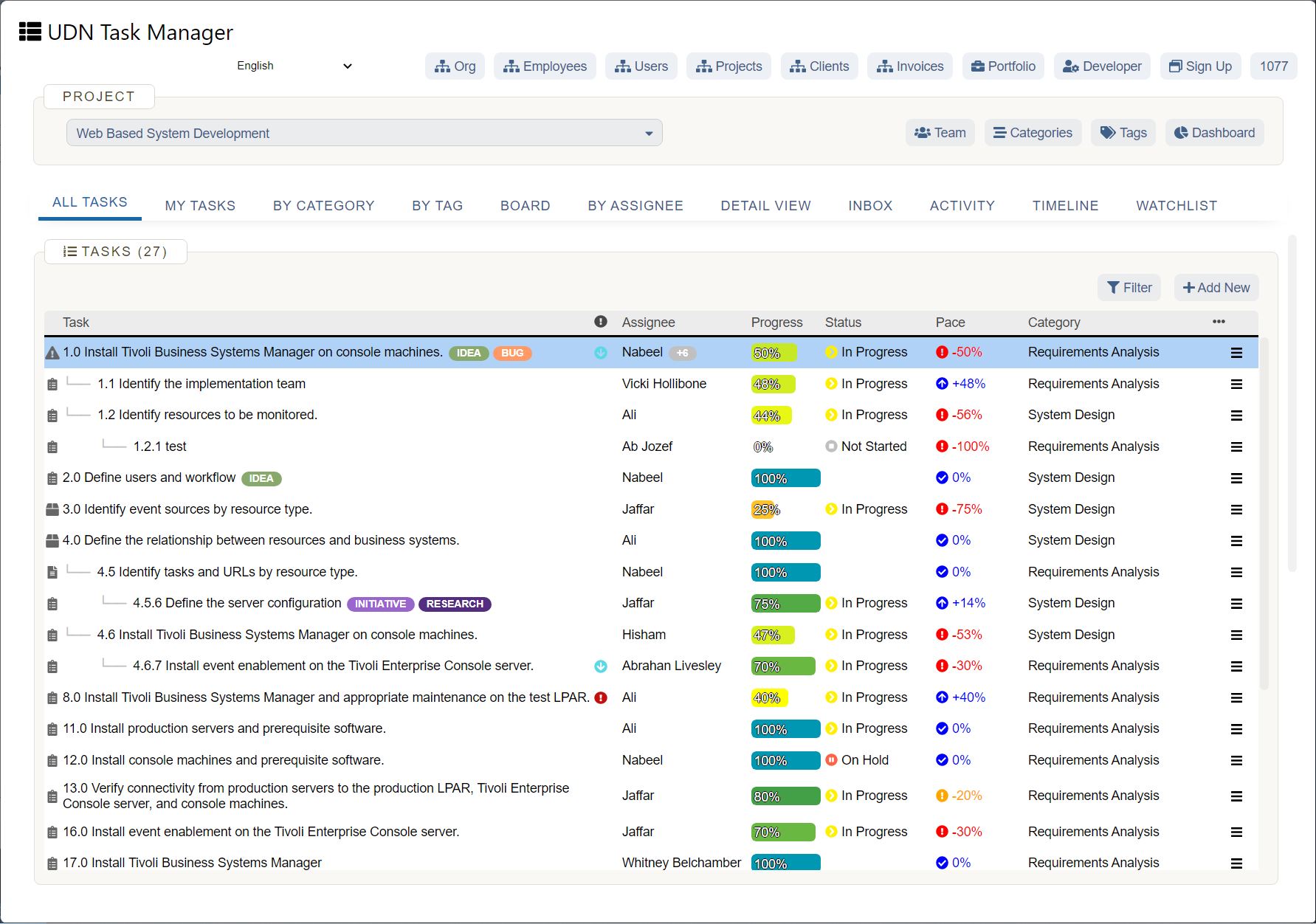
There’s a lot that goes into the project manager skill set , but as with many careers, the technical skills are your bread and butter in terms of proving you can get the job done.
One important note: In addition to the technical competencies we’re dishing out, project managers will also need to develop at least some basic subject matter expertise in whatever industry they’re managing projects.
That means marketing project managers will want some familiarity with marketing concepts, and construction project managers will want an understanding of that industry.
In addition to that industry expertise, project managers should possess and continuously refine the following skills.
1. Timeline planning
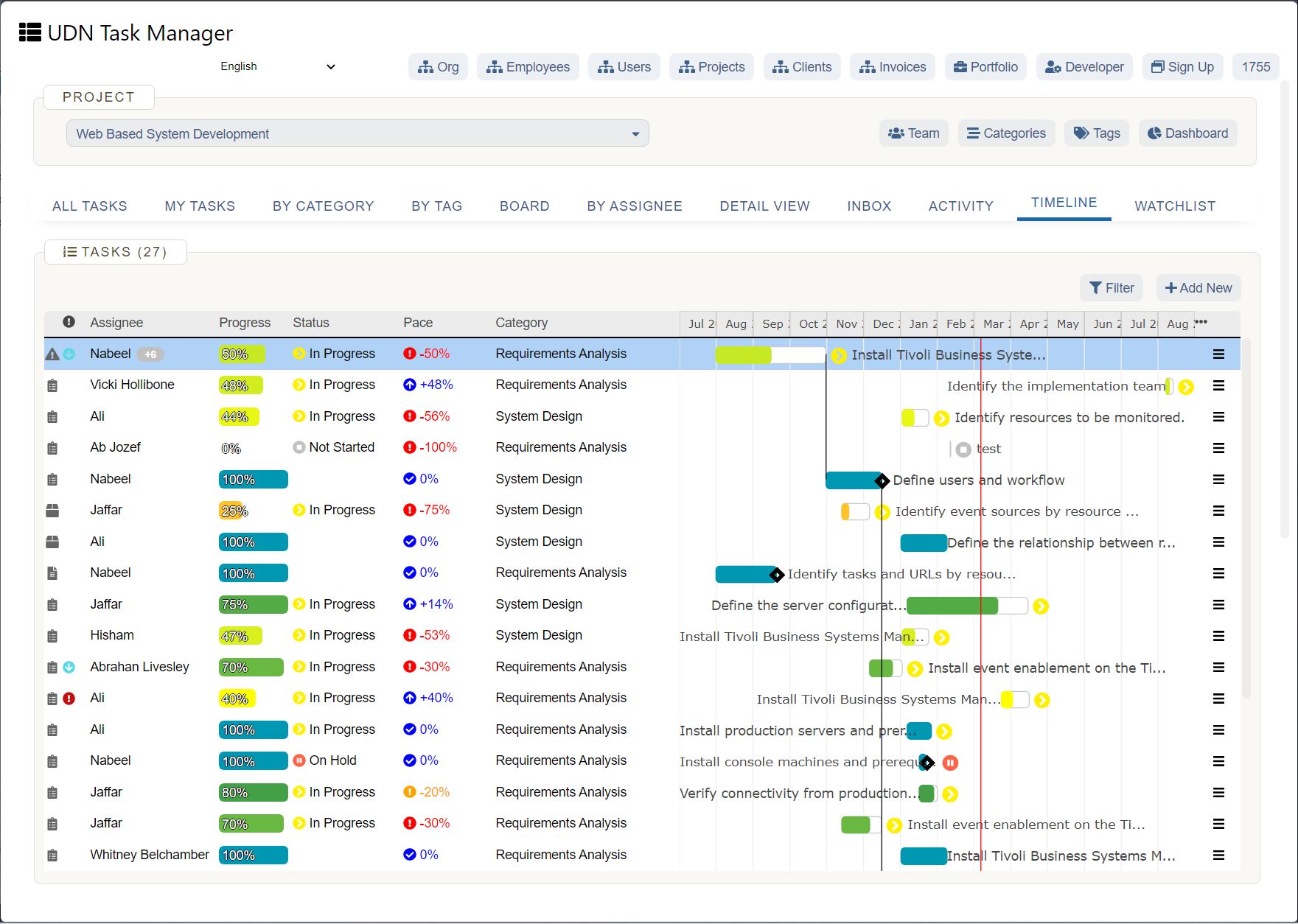
Project managers are the keepers of the calendar, as they’re responsible for scheduling milestones and deadlines when mapping out the project timeline .
In order to do this effectively, they need to understand typical workflows within their organization and also have a grasp on task and resource dependencies in order to plan accordingly.
It’s also helpful to have an understanding of some common project management planning concepts, such as the critical path method , that make it far easier to plan realistic project calendars .
As the old saying goes, practice makes perfect. So roll up your sleeves and start planning timelines for projects (even your personal ones). When you wrap up, evaluate how accurate your calendar ended up being and identify spots where you can improve.
Remember that even though the project calendar is your responsibility, you don’t need to outline it in total isolation. Ask team members for their input on how long certain tasks take to complete (especially if you’ve never done that task yourself). That will help you get a more realistic grasp on how much time you should be accounting for.
Finally, do some independent research into popular planning concepts (ahem, we’ll call out the critical path method again!) so you know how to implement those tools and best practices.
2. Project budgeting
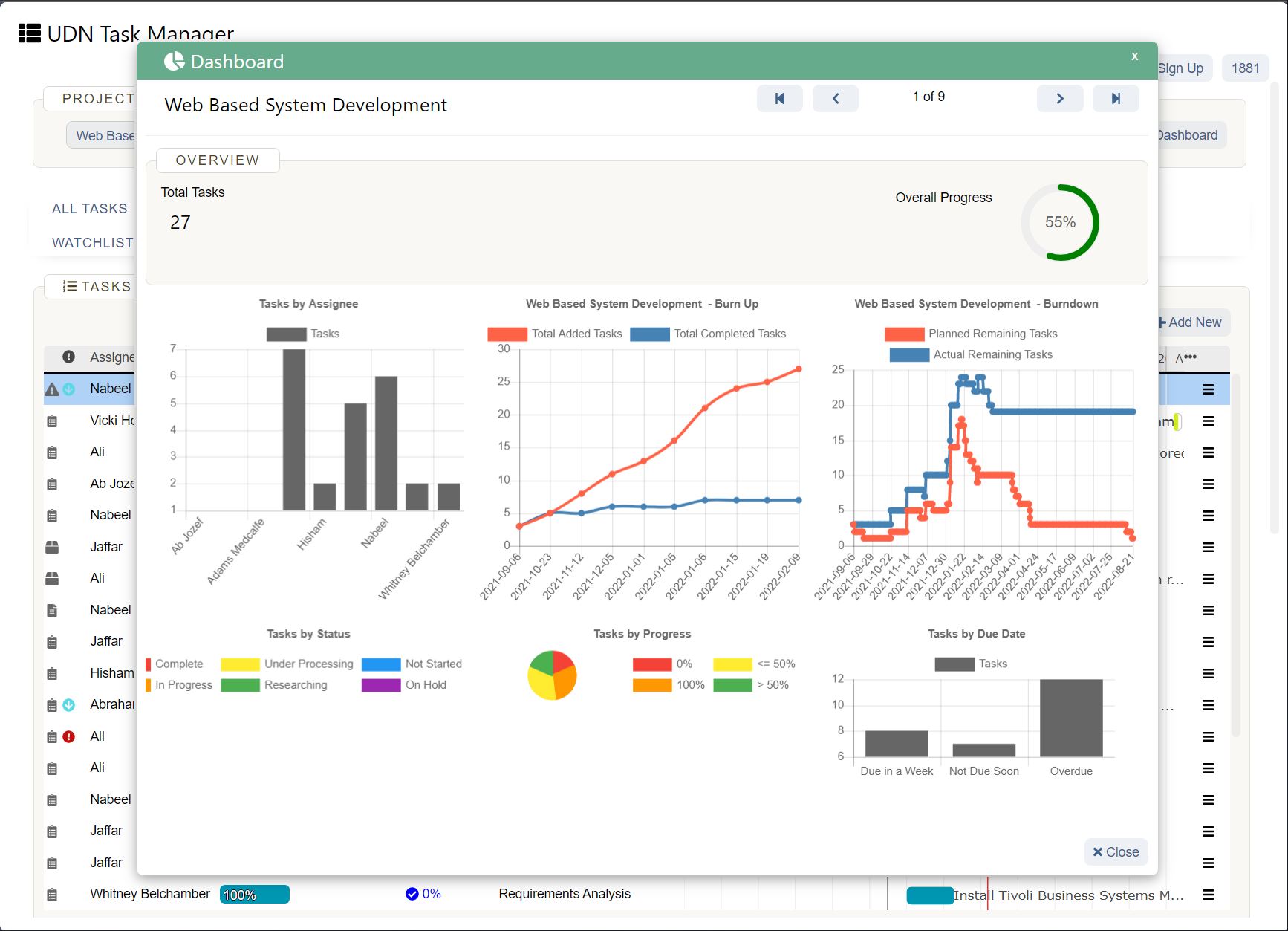
Project managers don’t just need to deliver projects on time — they need to deliver them on (or under) budget.
Rest assured that you don’t need to be a financial expert to understand what is client financial management , but you do need to understand the basics of client financial management such as budgeting and financial planning to ensure you’re allocating enough funds to set your project up for success.
According to Project Management Institute’s 2017 Pulse of the Profession Survey , insufficient funding was one of the factors responsible for project failure .
Accurate budgeting all comes back to a thorough understanding of project scope . It’s important not to gloss over that step and invest enough time, energy, and research into sorting out everything a project entails.
You can also learn a lot from past mistakes, so evaluate previous projects to see where you over- or under-budgeted. Finally, make a habit of including a contingency so you’re accounting for surprises. You’ll be prepared for the unexpected, and come in under budget if all goes well.
3. Data analysis and reporting
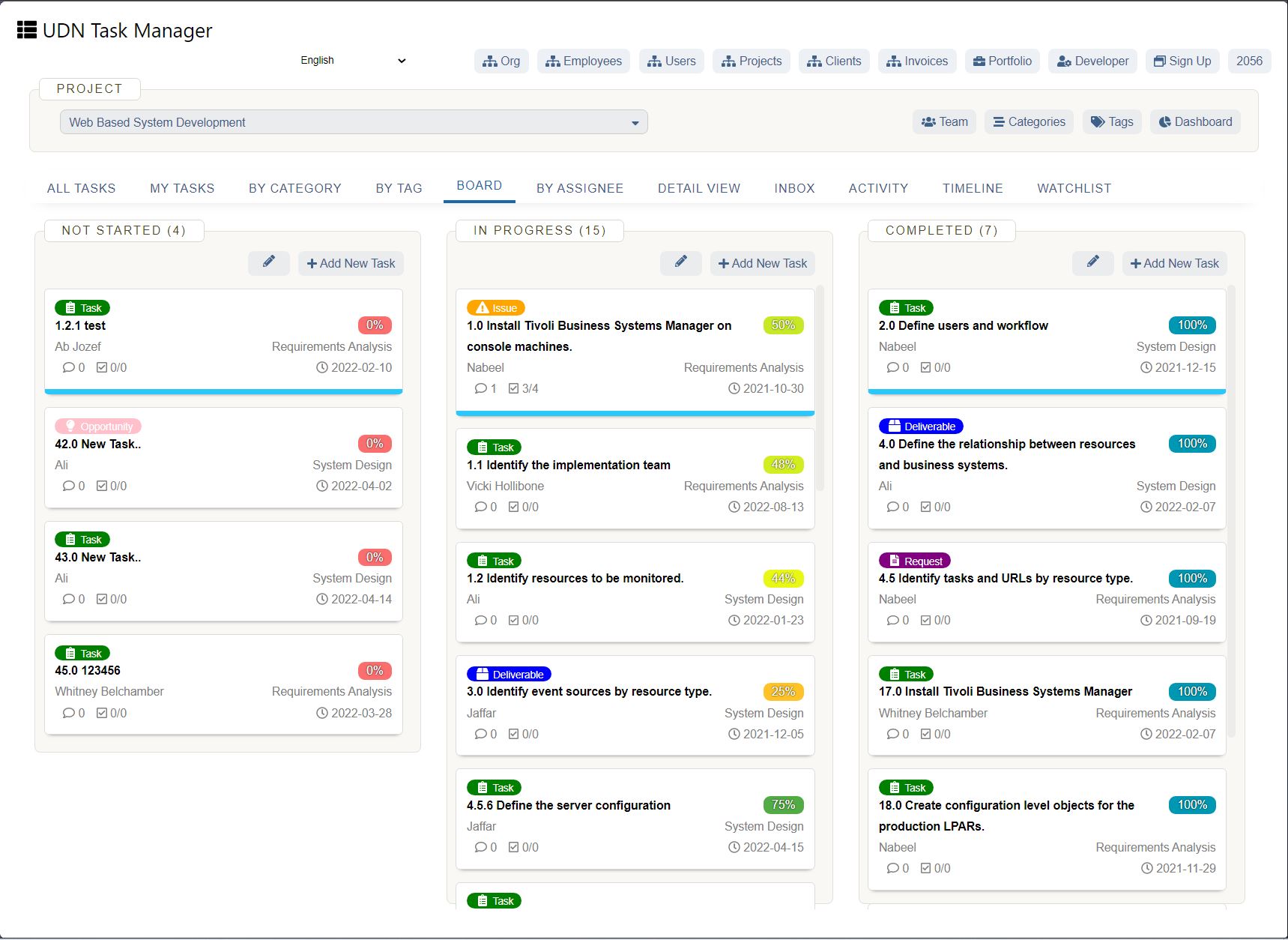
Another core responsibility of the project manager is to monitor and report on progress and performance to the project team, end clients, and other stakeholders.
That can present a unique challenge. Project managers need to be creative, but they also need to have an analytical mind capable of compiling, combing through, and presenting important data.
If this concept is totally new to you, take an online course or read a guide about data analysis. Skillshare offers a ton of data analysis courses using a bunch of different tools.
Even with some basic education in place, data analysis can still be daunting. Don’t shy away from this task — practice as much as you can with the projects you already have in place. Experiment with different data filtering and report views to challenge yourself to spot new trends or themes, and don’t forget to look at week-over-week (WoW), month-over-month (MoM), and year-over-year (YoY) comparisons.
Additionally, it can be helpful to start the analysis process with existing questions you have about the project and then use the data to find answers. This will help you focus your analysis and reporting on the most important information and the best way to present it (there are tons of different graphs and visuals available!) rather than spouting out numbers for the sake of doing so.
4. Meeting facilitation
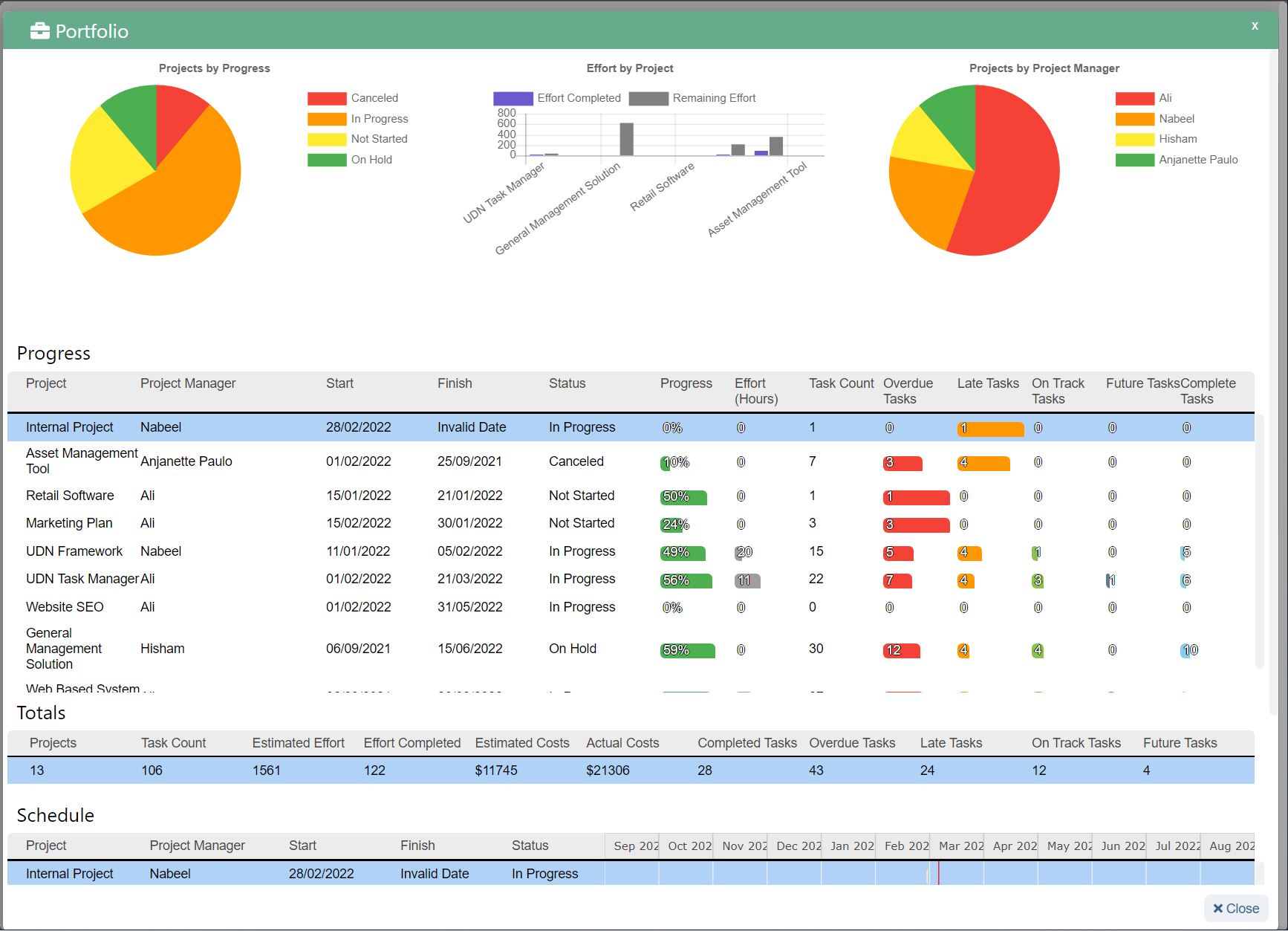
From kickoff meetings to status updates to project wrap-ups, the project manager needs to facilitate an array of meetings.
We’ve all sat through enough bad meetings (shockingly, 37% of meetings are deemed unproductive) to know that coordinating a successful conversation is a skill in and of itself.
That’s why project managers need to be good at planning and hosting meetings that are a productive use of people’s time rather than a frustrating waste of those precious working hours.
If you’ve previously been hosting meetings without an agenda, it’s time to change your ways. You should always have one prepped and ready to reference, even for a seemingly short and straightforward meeting. Can’t think of anything to put on that agenda? Then that meeting is probably a glorified catch-up session and doesn’t need to be held at all.
When you’re an attendee at meetings, take notes on any successes and frustrations so you can use those lessons to improve your own sit-downs. You should also ask your team for feedback after your meetings, either with a short survey or some time for a brief, open discussion. That will highlight areas where you can improve.
Don’t forget that the meeting isn’t over just because you’ve all left the conference room or video chat. Send out a brief recap and any action items or deadlines to ensure that everybody is on the same page.
5. Project management tools and resources
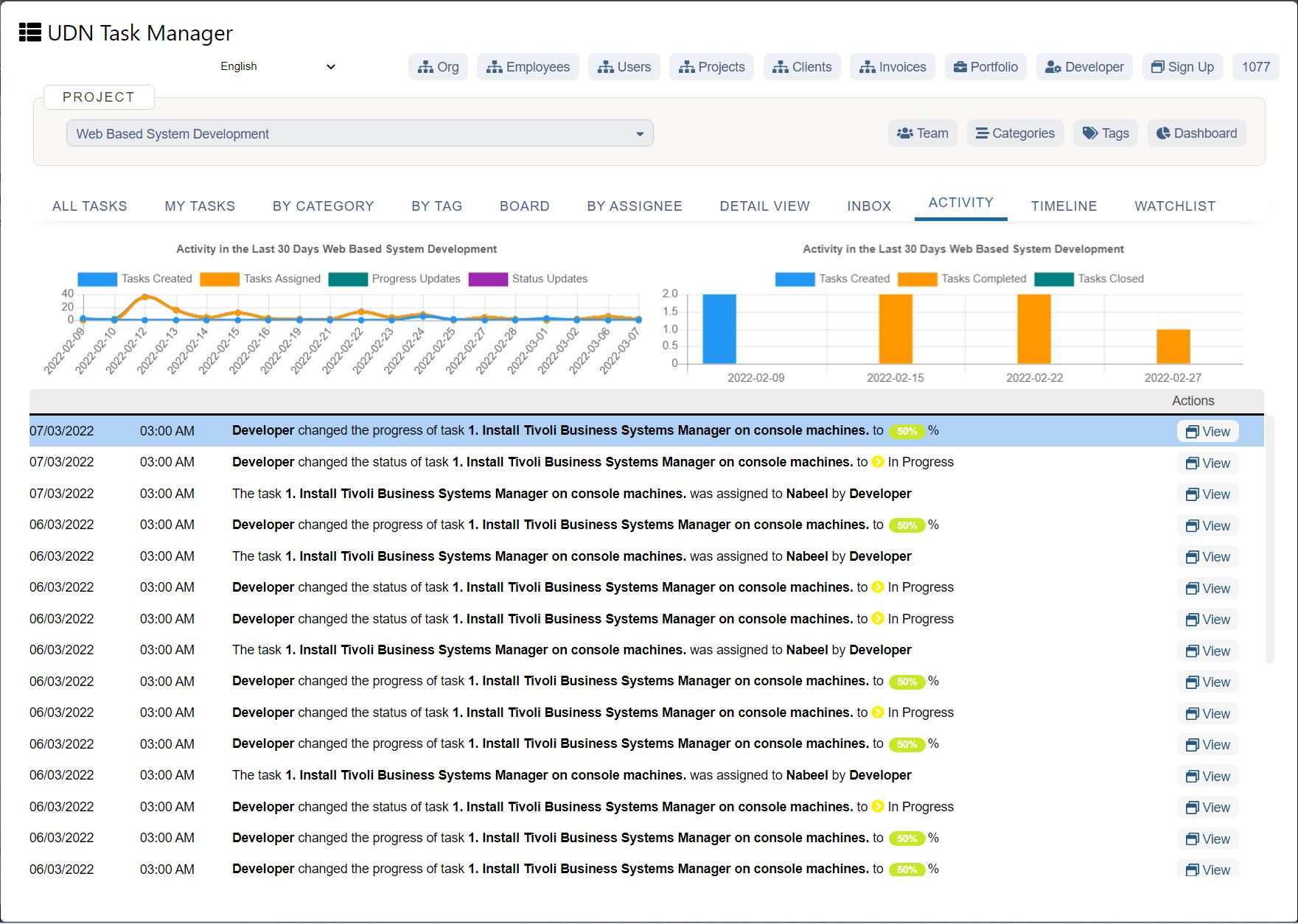
From collaborative work management software to analytics tools, project managers need to familiarize themselves with a variety of platforms and resources. However, the exact tools you’ll need to master will vary from organization to organization.
The good news? They’ll make your job way easier.
Most digital tools and platforms offer detailed tutorials, tours, or training to empower people to use all the features correctly, so make sure to take full advantage of those.
When you’ve worked your way through those resources, you can create test projects and play around with the software and functionality to get more comfortable with it before you start using it for your real projects.
Ready to get going? Start a free trial of UDN Task Manager and begin exploring and experimenting with it to learn how it can help your team.
5 Soft project manager skills (and how to improve them)
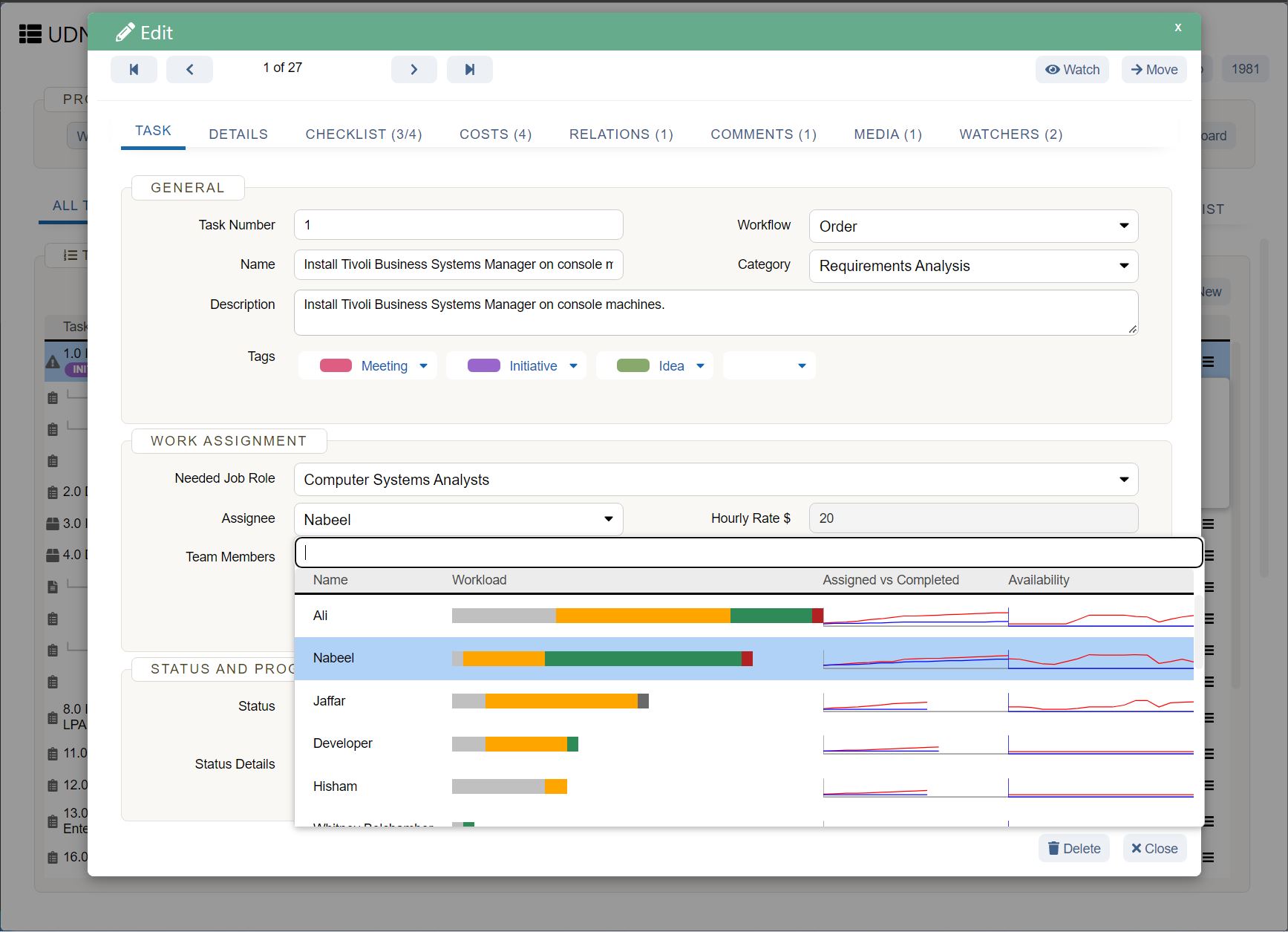
Think soft skills are just buzzwords or unnecessary resume fluff? Think again. These competencies really do matter, especially in a role like project management, which leans so heavily on soft skills.
In fact, one 2016 study from Wonderlic found that 93% of employers say soft skills are an “essential” or “very important” factor in hiring decisions.
What ones should you focus on? Here are five that are crucial for successful project managers .
1. Collaboration

You won’t be working on projects alone. You’ll be managing a project team of all different expertises and personality types . It’s not only your job to work with them but also to ensure that they all work well together to make your projects a success.
That’s a critical responsibility when you consider that 97% of employees and executives believe lack of alignment within a team impacts the outcome of a task or a project.
Start a team-wide activity of taking a personality assessment (such as a DiSC assessment , StrengthsFinder , or Myers-Briggs Type Indicator ) to better understand what makes each other tick.
You should also ask your team for feedback about common collaboration challenges and frustrations, and how those can be overcome. And don’t underestimate the power of a real-time collaboration tool to increase transparency and streamline how everybody works together.
2. Communication
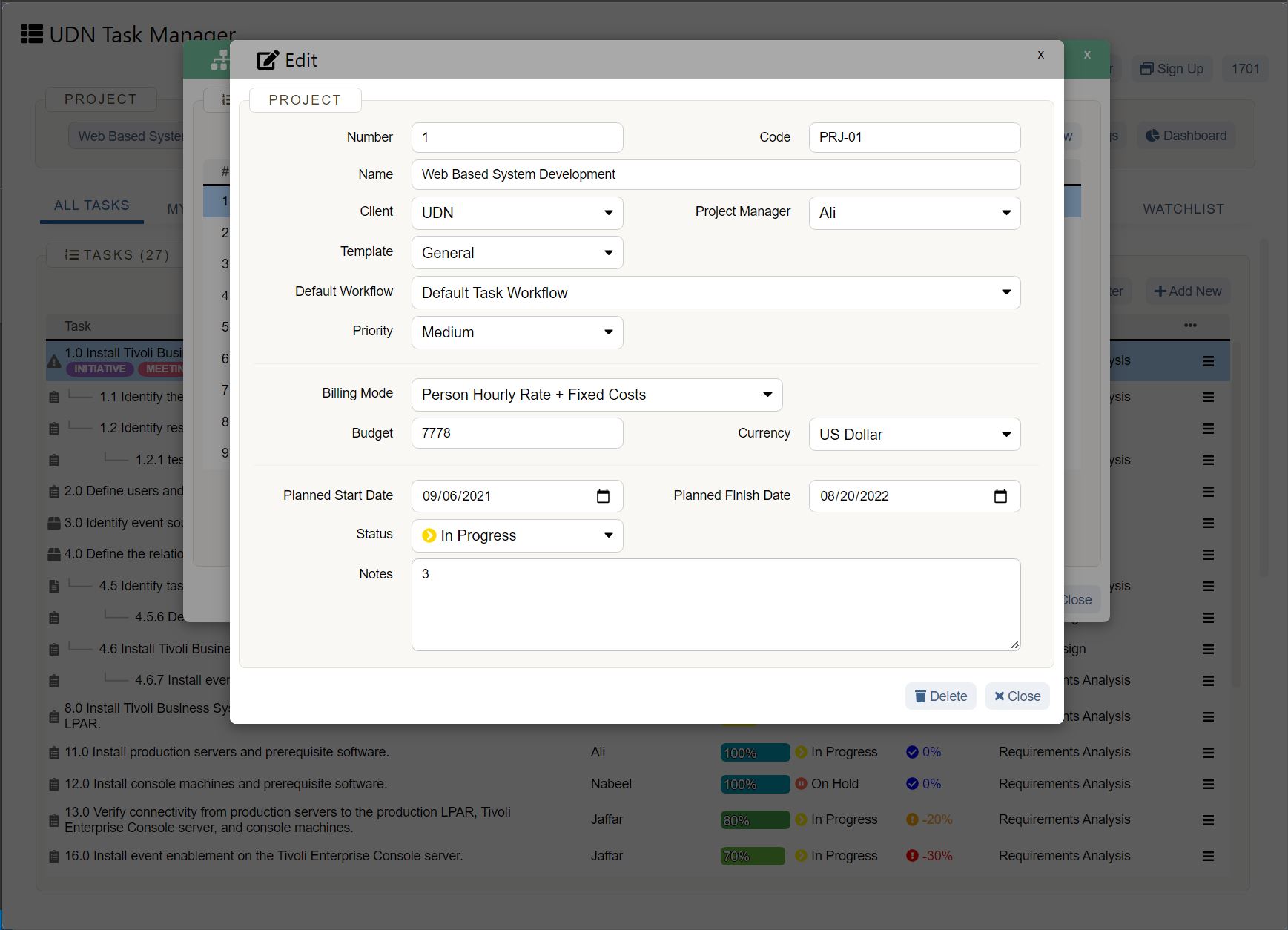
Even though you have an entire project team working together, you’re the one steering the ship. It’s up to you to clearly communicate project goals, scope, expectations, timelines, and more.
That means communication — yes, both verbal and written — carries a lot of importance for project managers. Need proof? In a Project Management Institute (PMI) survey about project manager skills and competencies, verbal communication was ranked as one of the top five most important skills.
One of the best ways to learn how to communicate with all different types of people is to put yourself in new situations. Sit with someone you don’t normally talk to at lunch or attend a meeting you would typically skip out on.
If and when anything is unclear, don’t just smile and nod. Ask questions about things that you don’t understand, and then practice repeating back what you heard to confirm that you’re on the right track.
Remember that half of communicating is listening. Make sure you’re hearing, absorbing, and considering everything that project team members are telling you, not just waiting for your chance to reply.
3. Organization
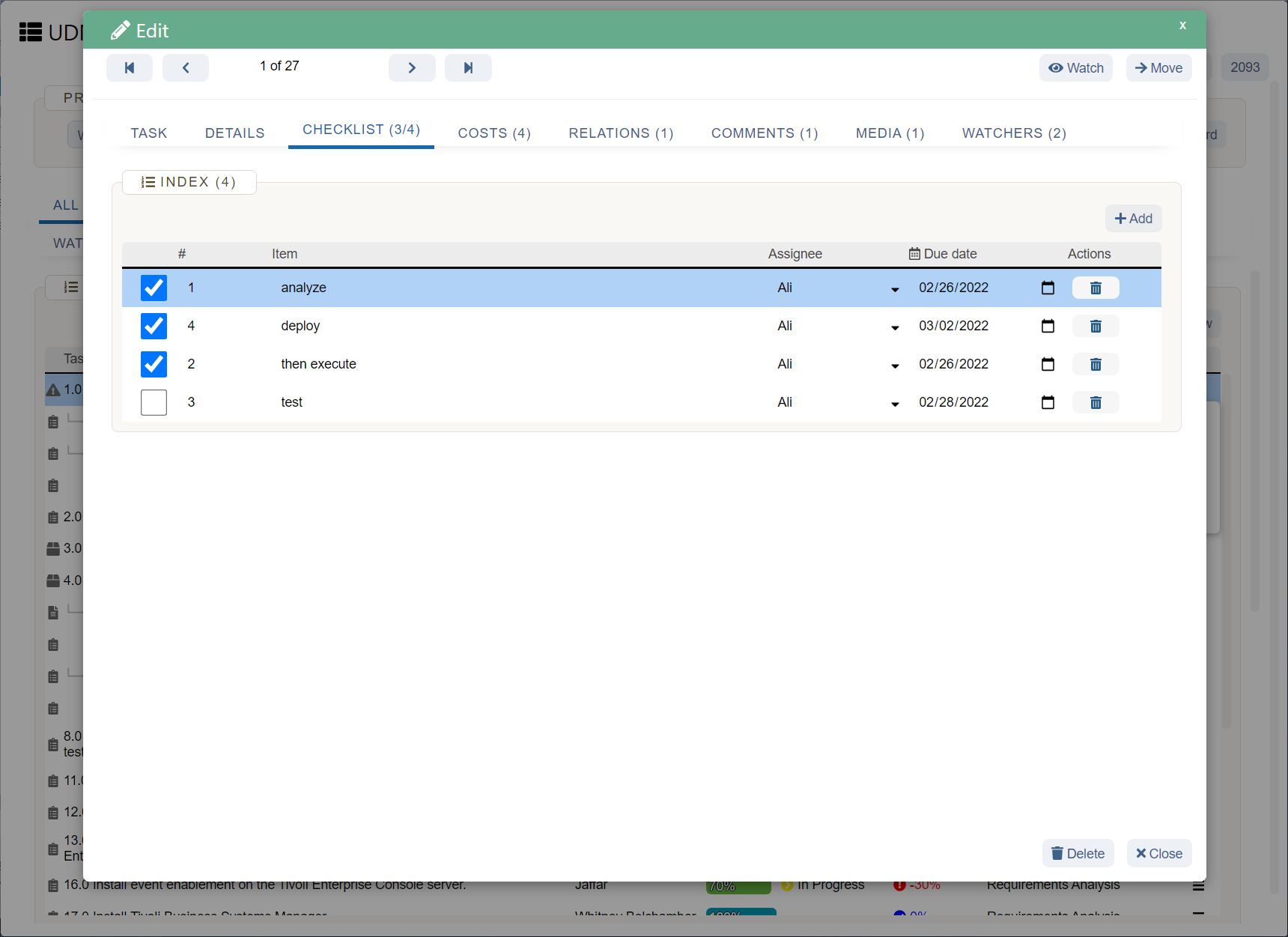
In order to keep projects from running off the rails, project managers need to be highly organized and diligent time managers.
If they aren’t, it means a lot of time is wasted searching for the information and resources needed to make progress on that project, and the risk of running way over the intended timeline in vastly increased.
Reinventing the wheel again and again costs you a lot of time and energy. If you haven’t already, create templates, procedures, and standard workflows that you can re-use at the start of each new project.
You should also set aside some time each week when you can get caught up on organizational tasks that would otherwise remain on the back burner while you put out the inevitable fires that occur.
And finally, find project management software that works for you and your team. The more you can standardize the process and have everyone using the same tool, the easier it’ll be to keep everything organized.
4. Leadership
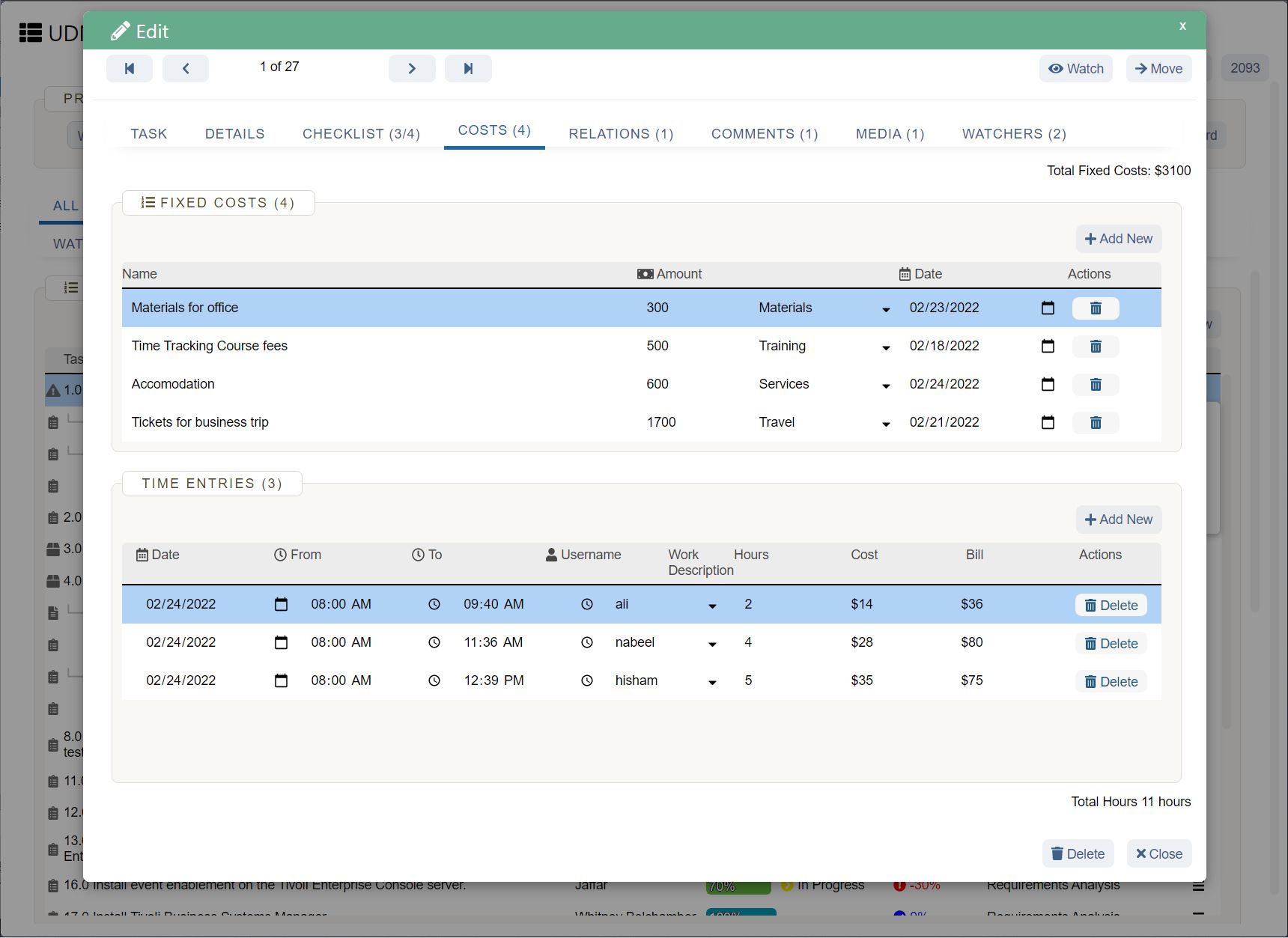
You’re the glue that holds the project team together, which means you’ll undoubtedly find yourself in a position of leadership. You’re the one leading the project, after all.
That’s why effective project managers need to possess leadership skills to inspire their project teams to do great work. According to PMI’s 2017 Pulse of the Profession study , 32% of respondents consider leadership skills to be a high priority.
Leadership means something different to everybody, which makes it a tough concept to wrap your arms around. Do some independent research and pick the brains of the leaders you admire to understand more about their approach.
It’s also worth constantly reminding yourself that the best way you can lead is by example. Behave the way you want your project team to act, and they’ll be far more likely to follow suit.
5. Problem solving
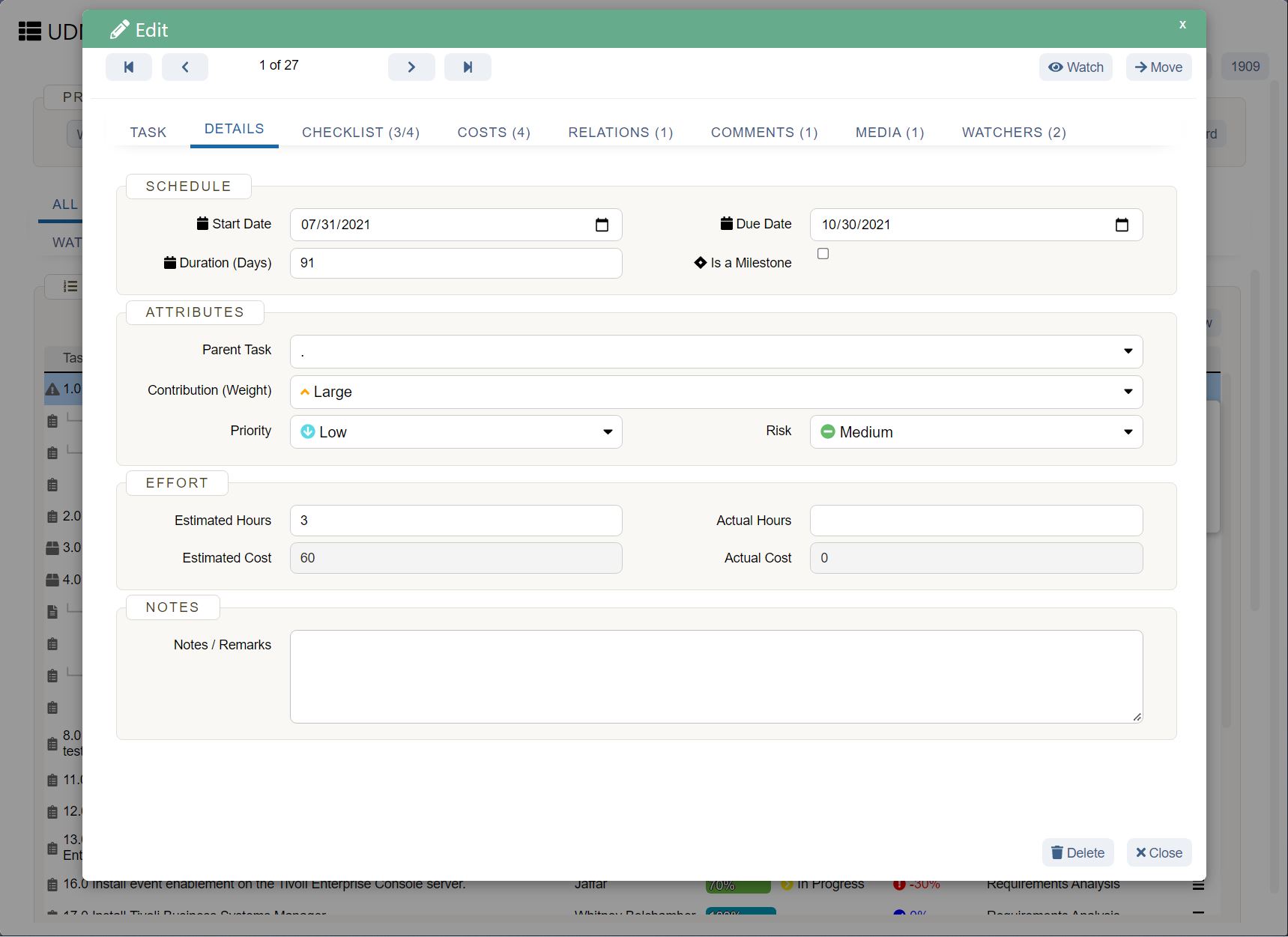
What a dream it would be if projects went according to plan time and time again. Unfortunately, that’s hardly ever reality.
Project managers need to know how to navigate problems from workflow roadblocks to team conflicts without sacrificing the completion or quality of the project.
When you’re met with a challenge, don’t obsess over the actual problem ( neuroscience says that just feeds negativity). Instead, switch to solution-focused thinking. This means you spend less time and energy trying to change the circumstances that are beyond your control and invest more of your effort into figuring out how to deal with the issue.
Keep in mind that you don’t have to have the right answer right away. Brainstorm as many solutions as possible (get your team involved too — numerous brains really are better than one!), without limits. You might be surprised by the ideas you come up with when you give yourself a little room to be creative.
Step up your project management game
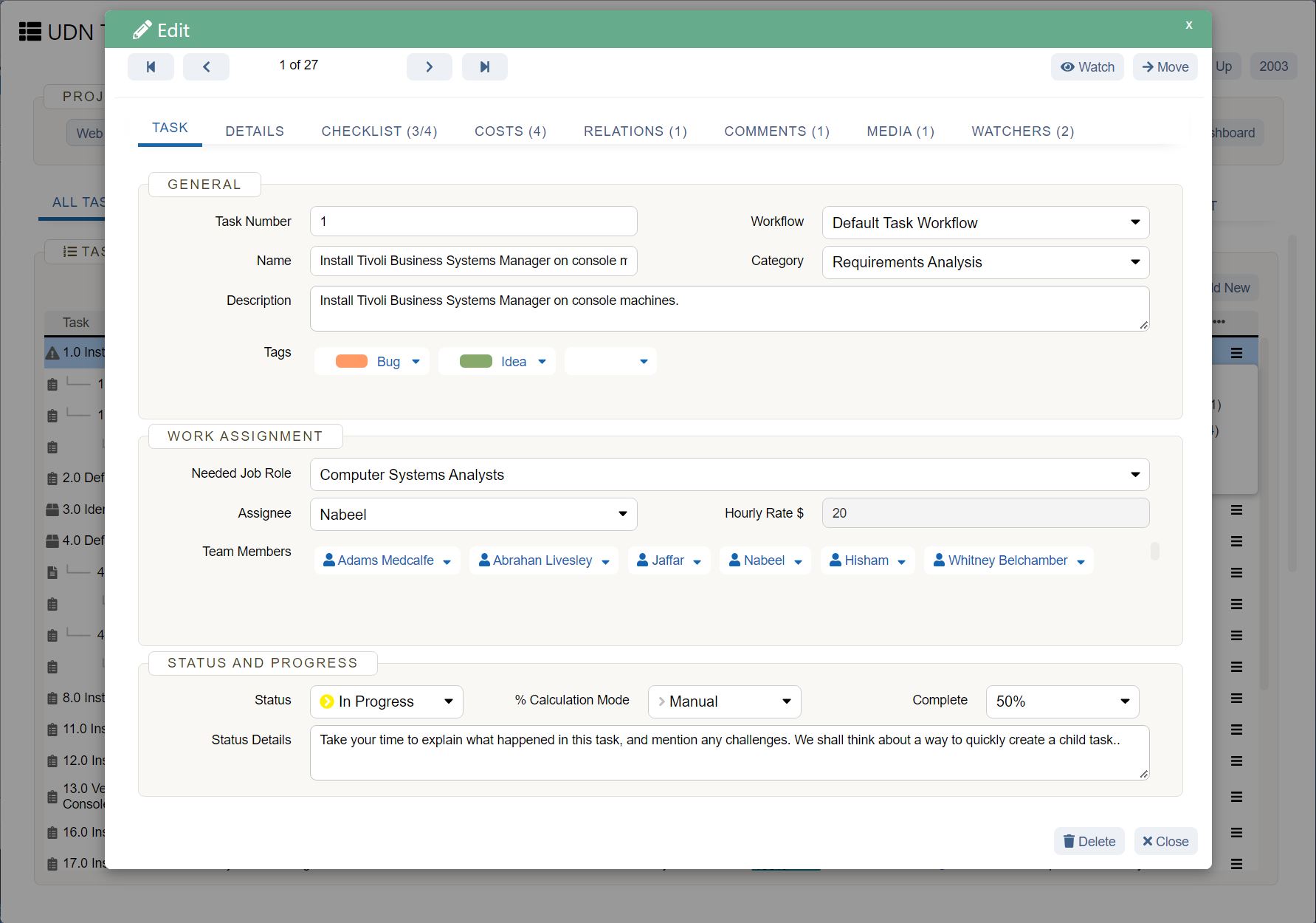
You don’t want to stagnate as a project manager. The field is constantly evolving, and you need to stay a step ahead by pushing yourself to improve and develop.
Sometimes it’s helpful to return to the basics and make sure that the core competencies you need are in place. To recap, these include:
Technical project manager skills
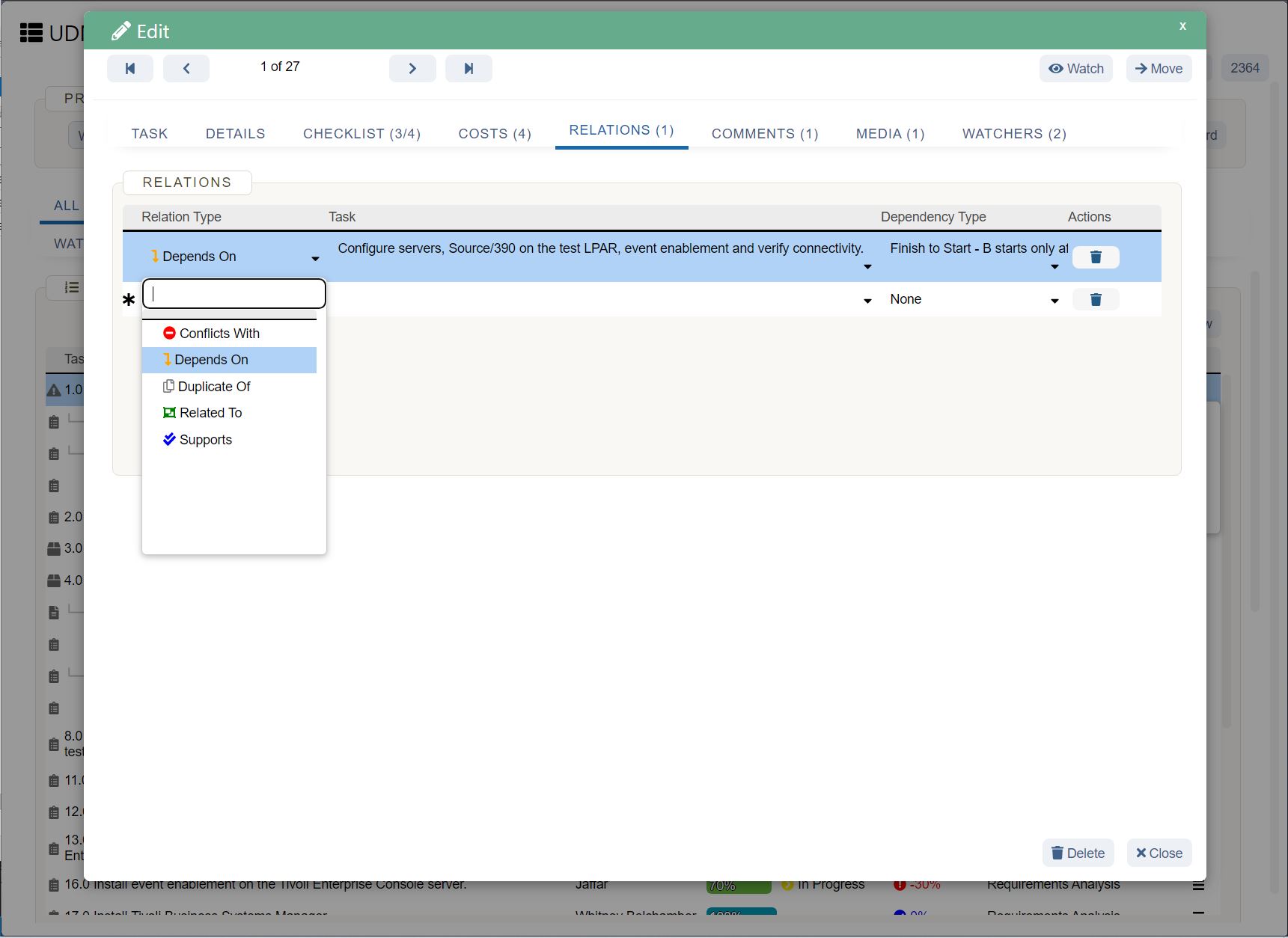
Soft project manager skills
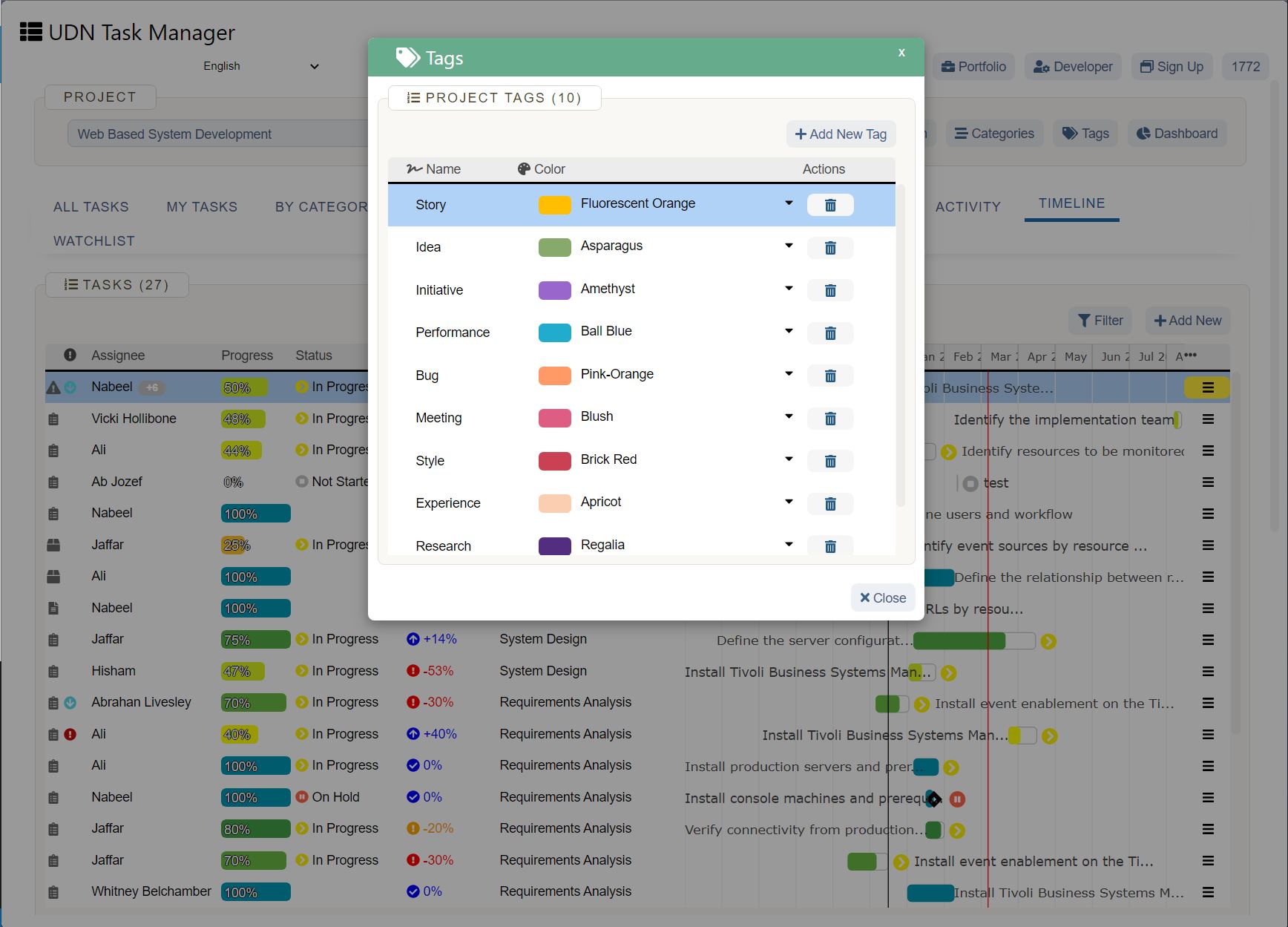
Using the strategies we outlined above to hone those skills will help you take your career (and all your projects!) up a notch.
Ready to step up your game even more? Start your free trial of UDN Task Manager to see how it can help you projects run smoothly.











